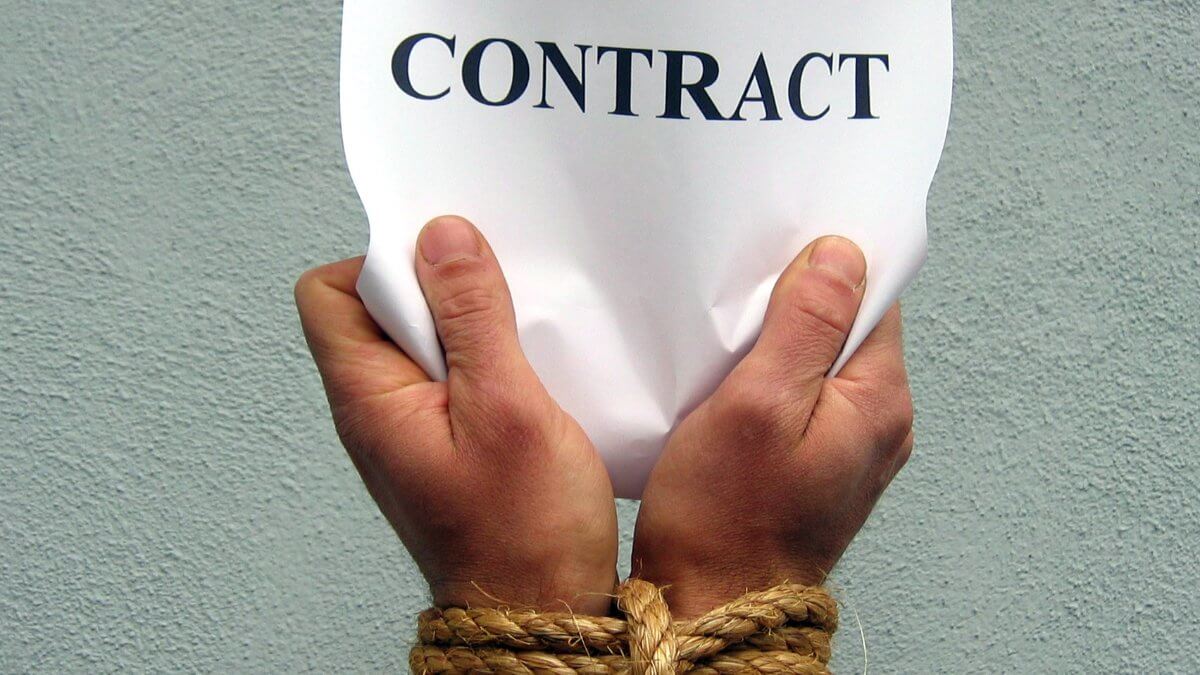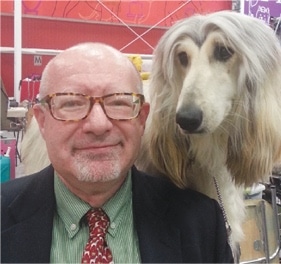
Home » Loosening the Ties that Bind

Recently, at a show, I chatted with an exhibitor who was new to the sport. She had done a lovely job of grooming and showing her very promising puppy, a European import. Since she seemed really determined to learn all she could about showing her breed successfully, I couldn’t resist asking why she had felt the need to look abroad for a show prospect since there were certainly breeders in this country. Her simple answer was that no one would sell her a dog.
Conversation revealed that the owner, a bright attorney, had done her due diligence, researching the breed and its grooming and exercise needs. She was also aware that she might need to wait for the right puppy, and that litters were not plentiful. Her inquiries were met with half-hearted interest, and breeders told her quite bluntly they didn’t sell to those who had not owned the breed before. Classic Catch-22. How would she ever get experience in the breed if no one sold her a dog?
Here was a successful professional, smart, university educated, with her own home, a fenced property, and disposable income to spend on her hobby. Other breeders would not relinquish a dog without crippling contracts that read like pyramid schemes, demanding half a litter back from the next two or three breedings. She knew she wanted to show, but thoughts of ever breeding were years away. In the end, she got frustrated and discouraged.
By contrast, breeders in Europe, working with pedigrees that contained many of the same American dogs, struck her as friendly and much less controlling. She was very happy with both her eventual breeder and her new puppy. Ironically, now that the owner was out showing, some of the same breeders here who had rebuffed her months before were now displaying a kinder side, commenting favorably on the puppy and chatting with the owner over coffee after the Breed judging.
In our collective zeal to be the guardians of our breeds, have some of us put up too many barriers, and frightened novices away? Grooming can be learned with the right guidance.
We hear regularly about Owner Handlers who finish Championships on their first show dogs, so clearly newcomers are more warmly received in some breeds than in others. The gatekeepers do their breeds a disservice by turning away potential fanciers who, with encouragement, could make great contributions to their breed, their clubs, and the sport. This is especially true today, when we need an injection of new blood to invigorate the world of purebred dogs.
We mustn’t mistake overly controlling breeders for mentors. A true mentor, after assessing a novice and considering her worthy, takes the leap of faith and sells her a dog, trusting her to put into practice what she has learned at the mentor’s knee. Mistakes will inevitably be made, but with the mentor’s guidance, they will probably be small, fixable ones. While friendships can last a lifetime, active mentoring tends to be a finite process. Successful mentors eventually push fledglings out of the nest, and sign off on dogs when protégés have lived up to their commitments. They act on behalf of the breed and want to see new fanciers blossom and thrive, eventually mentoring their own generation of protégés.
The large foundation kennels that gave many of the old-timers our start in dogs are a thing of the past. Most active breeder-exhibitors today keep just a handful of dogs and might produce one or two litters a year, if that. It might be argued that, having bred more litters annually, the large kennels of yesteryear could afford to be more generous to novices, and less controlling. Maybe. I think the old benched shows provided a more positive environment for fostering face-to-face friendships and a generosity of spirit. It’s easier to blow off faceless email requests.
However many or few litters each of us breeds today, part and parcel of the process is finding great homes for all the puppies, teaching grooming and breed care to every owner, and encouraging any novice who expresses an interest in showing. We would have far fewer mentors and experienced fanciers around if generous breeders back in the day had not loosened the ties that bind, to welcome us into the sport. 
